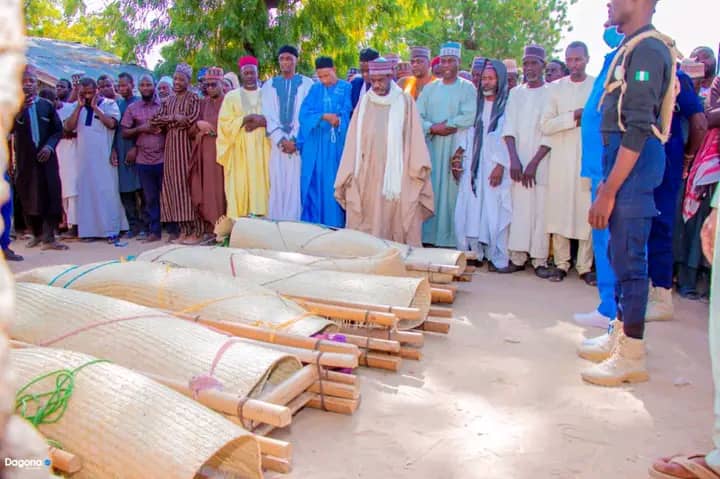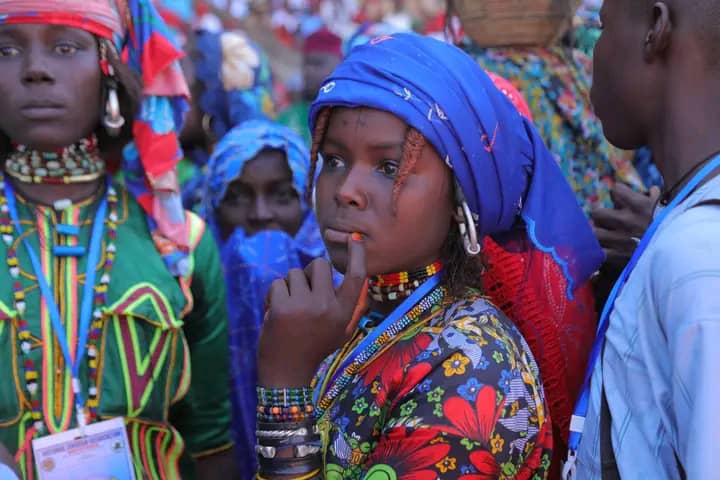About 48 million Nigerians still defecate in the open and more than 100,000 children under the age of five die each year from diarrhoea, 90% of which is directly attributable to unsafe water and lack of sanitation.
The United Nations Children’s Fund (UNICEF) said negative hygiene practices, a lack of awareness and inadequate toilet facilities were mostly at fault.
Key findings of the latest survey revealed that only 10 % of Nigerians had access to integrated basic water, sanitation and hygiene (WASH) services.
The agency said inadequate sanitation systems spread human waste into rivers, lakes and soil, polluting underground water resources and creating an environment totally unfit and unhealthy for people to thrive, especially children who face the severe impact of all environmental health hazards.
It is estimated that one in four children under the age of five exhibits severe stunting, while one in 10 is wasted, due to frequent episodes of diarrhoea and other WASH-related diseases, including typhoid, cholera, dysentery, gastroenteritis and hepatitis.
In Maiduguri – as in many other places in Nigeria – open defecation is common practice in public places and the Ngadda-Bul River.
Abubakar Tijjani said: “I have a car-wash business next to the post office. Children and adults come here often to defecate. They come at all times of the day, particularly children. The Ngadda-Bul River flows behind the post office.
“We have complained to authorities many times. For a while, the issue is addressed but then the practice continues again. We need security guards to police the areas and stop people from defecating in the open.”
Mustapha Musa owns a laundry close to the river.
“The odour of the defecation is extremely disturbing. I’m afraid I might catch a disease because I am so close to the river.
“Young children, adults and drug addicts of all ages defecate here. They come to the river all the time and no one can stop them. I want the environment to be clean for our own safety.”
The Borno State Environmental Protection Agency (BOSEPA) said public places in the city were often used by people who lacked access to toilets. Most of them were ignorant and did not know about the dangers of defecating in the open.
Ahmed Alhaji, the head of BOSEPA’s vector control and air pollution unit, said: “There are ignorant people who do not know that open defecation is dangerous because it is a health hazard and contributes to the spread of diseases such as cholera and can cause severe diarrhoea. Contaminated water is the cause of many diseases.
“We employ security personnel on the riverbanks and in public places where the practice happens but often people go there at night so they are not seen.”
Alhaji said BOSEPA had spoken to a community leader in one place about four months ago and they threatened to close it down.
“People stop the practice for a while but soon they start doing it again. We are doing our best but, sadly, the public does not comply.
“We inform, educate and make people more aware of the dangers of open defecation. We spray disinfectants and fumigate places.
“Our biggest challenge is lack of cooperation. People continue the practice, mostly at night. We would like the police to arrest anybody caught using public places so that they will be punished.
“The government needs to provide more public toilets. The safety of all our people is at stake.”
AISHA SD JAMAL









